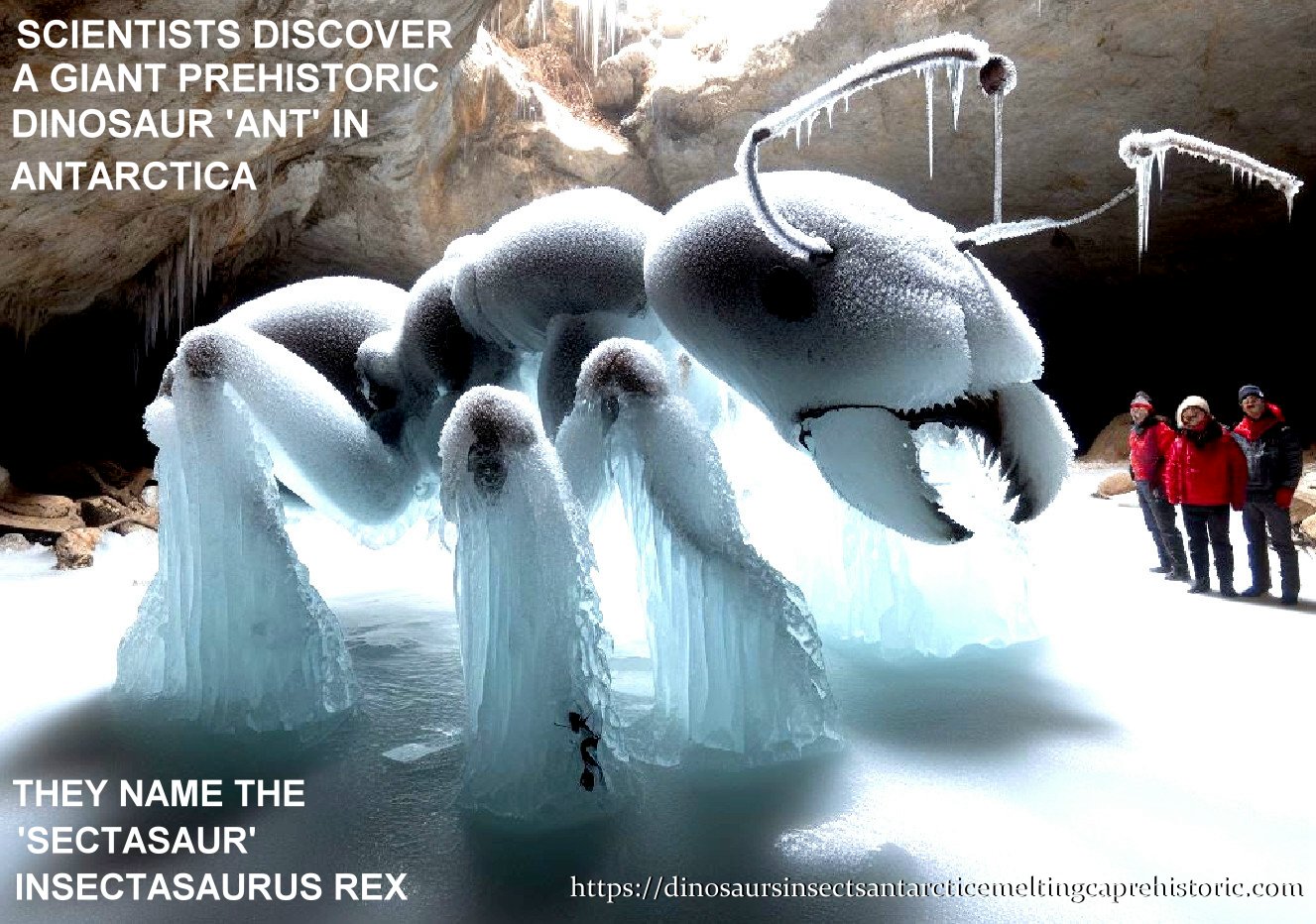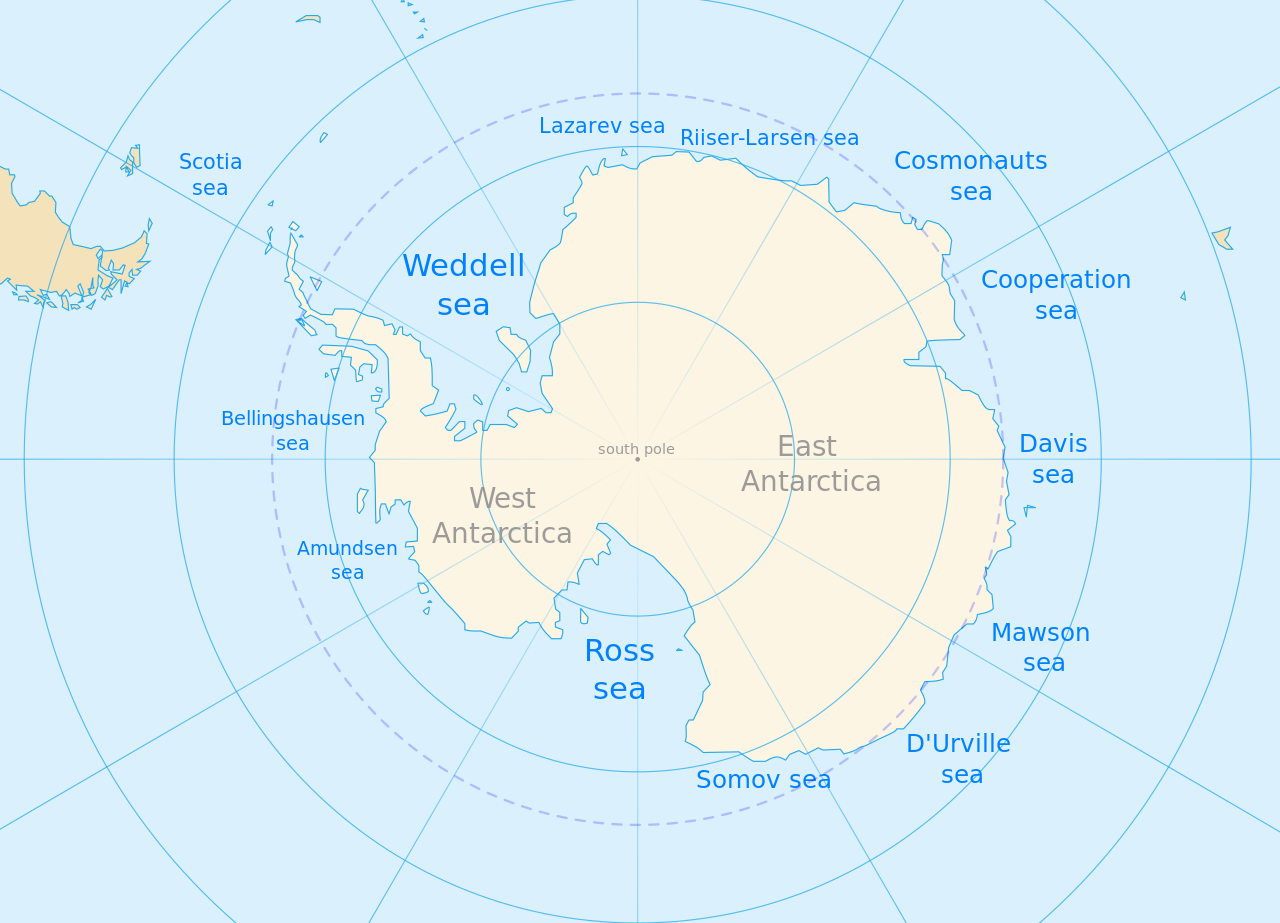
NEWS
FLASH
- Scientists discover what they believe is a giant prehistoric dinosaur
ant, a 'Sectasaur,' in a cave in Antarctica. They name their incredible
find: "Insectasaurus Rex." The rumours of such things, started
by Fabian von Bellinghausen's infamous find, appears to be true.
'UNESCO' is the
United Nations Educational, Scientific and Cultural
Organization, a specialised agency of the UN aims to promote world peace and security through international cooperation in education, arts, sciences, and culture. It has 193 member states and 11 associate members, as well as partners in the non-governmental, intergovernmental, and private sector.
'IOC,' is the Intergovernmental Oceanographic Commission, part of UNESCO, a division that promotes international cooperation and coordinates programmes in marine research, services, observation systems, hazard mitigation, and capacity development in order to understand and effectively manage the resources of the ocean and coastal areas. By applying this knowledge, the Commission aims to improve the governance, management, institutional capacity, and decision-making processes of its Member States with respect to marine resources and climate variability and to foster sustainable development of the marine environment, in particular in developing countries.
In 2010 the IOC celebrated its 50th anniversary. Beginning with the International
Indian Ocean Expedition in 1960, the Commission has coordinated and promoted programmes and activities in ocean observations, ocean science, and reduction of marine hazards.
IOC coordinates ocean observation and monitoring through the Global Ocean Observing System (GOOS) which aims to develop a unified network providing information and data exchange on the physical, chemical, and biological aspects of the ocean. Governments, industry, scientists, and the public use this information to act on marine issues.
IOC’s work in ocean observation and science contributes to building the knowledge base of the science of climate change. IOC sponsors the World Climate Research Programme (WCRP) and the IOC’s GOOS serves as the ocean component of the Global Climate Observing System (GCOS), which supports the Intergovernmental Panel on
Climate Change (IPCC). UNESCO-IOC is co-convener with the World Meteorological Organization of the World
Climate Change Conference which aims to systematically make the existing knowledge on climate science available to a wide variety of potential users.
IOC also coordinates and fosters the establishment of regional intergovernmental coordinating tsunami warning and mitigation systems in the
Pacific
Ocean, Indian Ocean, in the North East Atlantic, Mediterranean and
Caribbean
seas.
The United Nations Educational, Scientific and Cultural Organization (UNESCO) (French: Organisation des Nations unies pour l'éducation, la science et la culture) is a specialised agency of the United Nations (UN) aimed at promoting world peace and security through international cooperation in education, arts, sciences, and culture.
Headquartered at the World Heritage Centre in Paris, France, UNESCO has 53 regional field offices and 199 national commissions that facilitate its global mandate.
UNESCO was founded in 1945 as the successor to the League of Nations' International Committee on Intellectual Cooperation. Its constitution establishes the agency's goals, governing structure, and operating framework. UNESCO's founding mission, which was shaped by the Second World War, is to advance peace, sustainable development and human rights by facilitating collaboration and dialogue among nations. It pursues this objective through five major program areas: education, natural sciences, social/human sciences, culture and communication/information. UNESCO sponsors projects that improve literacy, provide technical training and education, advance science, protect independent media and press freedom, preserve regional and cultural history, and promote cultural diversity.
As a focal point for world culture and science, UNESCO's activities have broadened over the years; it assists in the translation and dissemination of world literature, helps establish and secure
World Heritage Sites of cultural and natural importance, works to bridge the worldwide digital divide, and creates inclusive knowledge societies through information and communication. UNESCO has launched several initiatives and global movements, such as Education For All, to further advance its core objectives.
UNESCO is governed by the General Conference, composed of member states and associate members, which meets biannually to set the agency's programmes and the budget. It also elects members of the Executive Board, which manages UNESCO's work, and appoints every four years Director-General, who serves as UNESCO's chief administrator. UNESCO is a member of the United Nations Sustainable Development Group, a coalition of UN agencies and organisations aimed at fulfilling the Sustainable Development Goals.

The
many seas of East and West Antarctica
The equivalent in the Antarctic is set up under the recommendation of
Commander John Storm, after his Top Secret Report and recommendations to
MI6 and UNESCO.

